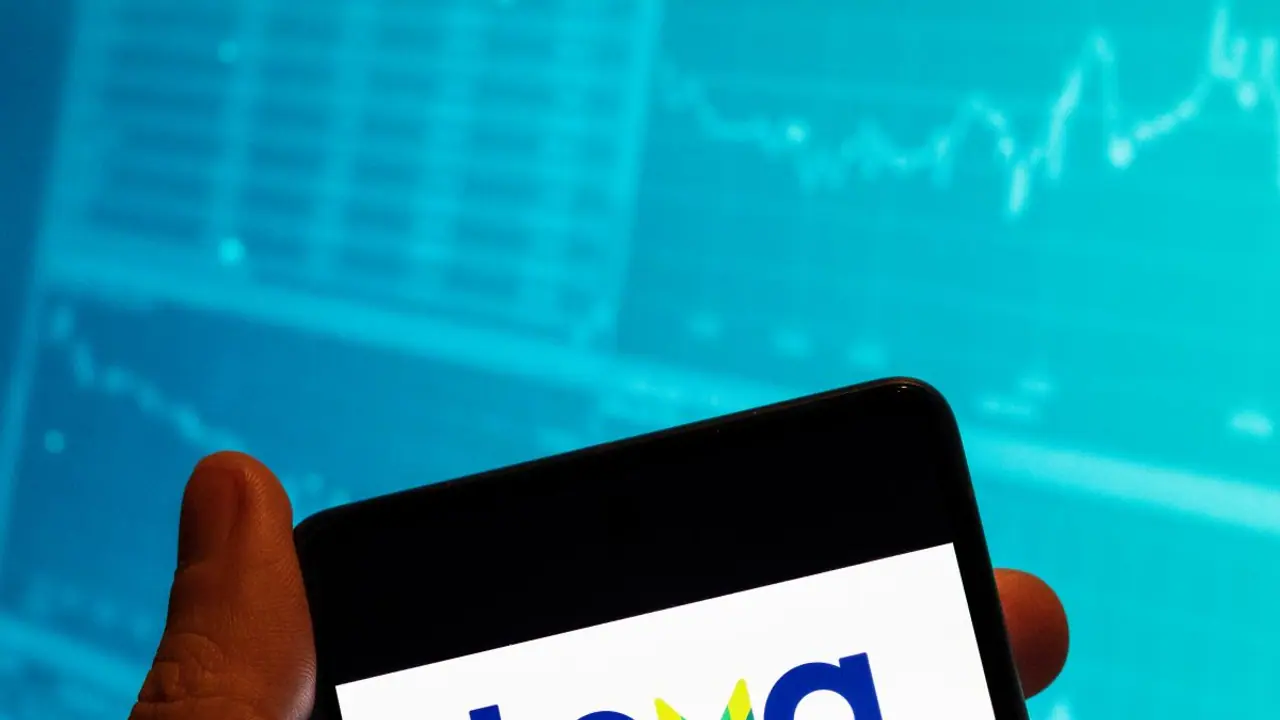Investors are now eyeing duvakitug’s potential to become a significant revenue driver for both companies, especially as there is currently no cure for IBD.
Shares of Teva Pharmaceutical Industries surged more than 23% on Tuesday afternoon, reaching levels not seen since December 2018, driven by positive data from a trial of a drug candidate aimed at treating inflammatory bowel disease (IBD).

A Phase 2b study (RELIEVE UCCD) of duvakitug, a treatment for ulcerative colitis (UC) and Crohn’s disease (CD), met its primary endpoints, demonstrating significant clinical remission in patients with moderate-to-severe IBD.
In the trial, 36.2% and 47.8% of UC patients treated with duvakitug achieved clinical remission by week 14, compared to 20.45% on placebo.
For Crohn’s disease, 26.1% and 47.8% of patients achieved endoscopic response, significantly higher than the 13% response in the placebo group.
The treatment was generally well-tolerated with no new safety concerns.
This is the first randomized, placebo-controlled study of an anti-TL1A monoclonal antibody for CD.
Detailed data will be presented at a scientific forum in 2025.
"The results from the RELIEVE UCCD study have exceeded our expectations, and I am deeply moved by the potential for duvakitug to help treat and meaningfully improve the quality of life of people living with IBD," said Eric Hughes, MD, PhD, Head of Global R&D and Chief Medical Officer at Teva.

On Stocktwits, Teva was among the top 15 trending symbols Tuesday afternoon, with message volume reaching its highest level in a year.
Retail sentiment was ‘neutral’, despite the buzz, as some investors remained cautious.
One optimistic user expects the stock to soon hit the “mid 20’s” while another said it would reach $30.
Israel-based Teva and Sanofi (SNY) announced a collaboration last year to develop duvakitug for IBD.
Under the partnership, Sanofi invested $1.5 billion in duvakitug’s development, while Teva received an upfront payment of $500 million and stands to get up to $1 billion in development and launch milestones, according to Reuters.
The companies said they will equally share development costs and profits in key markets. Sanofi will lead commercialization in North America and Asia, while Teva will handle Europe and other regions.
Sanofi’s U.S.-listed stock, meanwhile, rose by more than 6% on Tuesday afternoon.
Investors are now eyeing duvakitug’s potential to become a significant revenue driver for both companies, especially as there is currently no cure for IBD.
So far this year, Teva shares are up 96%, while Sanofi’s stock has dropped 1.6%.
Editor’s Note: The story has been corrected to state that this is the first randomized, placebo-controlled study of an anti-TL1A monoclonal antibody for Crohn’s disease (CD). An earlier version incorrectly referred to inflammatory bowel disease (IBD) as a whole. <
For updates and corrections, email newsroom[at]stocktwits[dot]com.<
